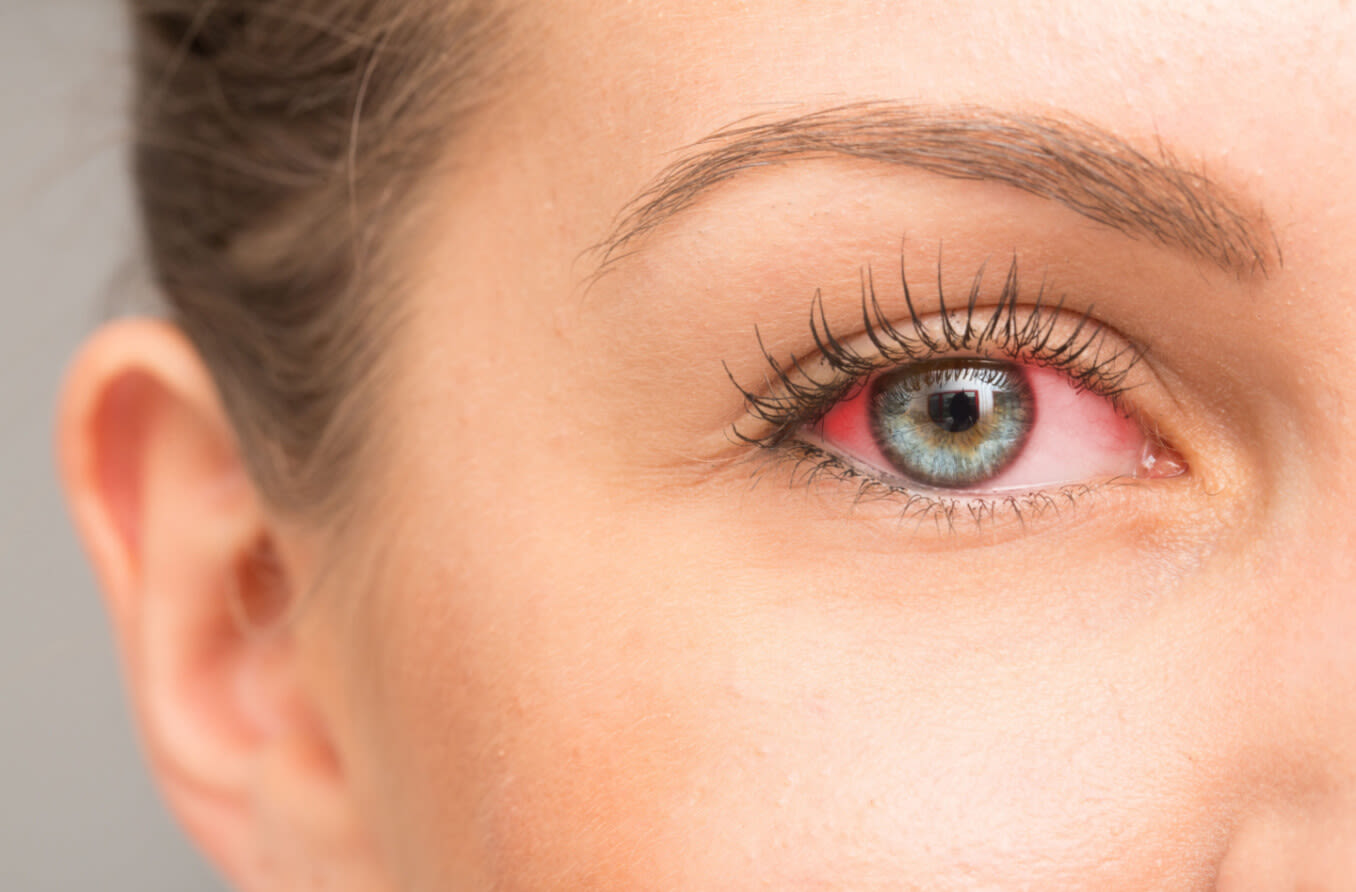What is Dry Eye?
Are your eyes itchy, scratchy, watery, sticky, sore, red, burning, blurry or just downright grumpy with you? You could be suffering from Dry Eye.
Tears aren’t just for crying. Your eyes constantly produce tears to help lubricate and protect themselves. Each time you blink, the tears are dispersed across the eye, coating it. For people who suffer from dry eye syndrome, the eyes just do not produce enough tears constantly to do the job, or those tears evaporate too quickly.
Learn more about Dry Eye
What causes Dry Eye?
If you spend a substantial amount of time staring at a phone screen or computer, your eye’s blink rate decreases significantly, causing the protective tear film that covers the eye to evaporate faster. In order to retain visual accuracy, the tear film needs to spread smoothly and evenly over the eye surface – insufficient fluid makes this impossible.
But that’s not all there is to it! Much like baking a cake and getting the ingredient ratio just right, healthy tears consist of a balance of oil, mucus and water. When the components are not all there, in the right quantities and ratios (as in the case of dry eyes), your eyes cannot do their job and they will no longer produce the necessary smooth cover over the front of the eye. Poor tear quality can cause blurry vision, dry and irritated eyes and a burning sensation. Even though your eyes focus perfectly well, the uneven film of tears will distort your vision.
Without good oils, the tears cannot lubricate the eye properly, causing symptoms which vary from a constant niggle, to severe irritation that affects your quality of life. This leads to dryness, irritation, redness and blurred vision.
Dry Eye symptoms
- Blurry, fluctuating vision
- Feeling the need to blink more often
- Dryness
- Gritty, irritated sensation
- Stinging or achiness
- Overly-watery eyes
- Eye and eyelid redness
- Sensitivity to light
Symptoms can be different for everyone, and fluctuate due to environmental factors; such as wind, air conditioning, artificial lighting, using your computer or smartphone, air pollution, driving, wearing contact lenses etc.
Who's at risk of getting Dry Eye?
It is worth mentioning that Dry Eye tends to affect females more than males, and can be part of the natural ageing process (especially during menopause). It might also appear in the form of a side effect to many medications, including oral contraception. If you have arthritis, asthma, gout, diabetes, or are over 40 years old, you may be more at risk for this condition.
Will you be able to get rid of Dry Eye?
Unfortunately Dry Eye tends to be a condition that requires ongoing management. A bit like having dry legs… sometimes you need more moisturiser! The good news is the majority of patients can achieve ongoing sustained comfort without too many adjustments to lifestyle.
Dry Eye treatment options
The best course of action will of course be to pop into Groovy Glasses and discuss your symptoms with our optometrists to see if there is an underlying cause, and what your individual treatment plan should include. Treatments prescribed will vary from eye drops, and dietary changes (omega-3 oils help reduce Dry Eye symptoms, due to their anti-inflammatory properties), to warm eye compresses and E-Eye IPL (Intense Pulse Light) therapy.


